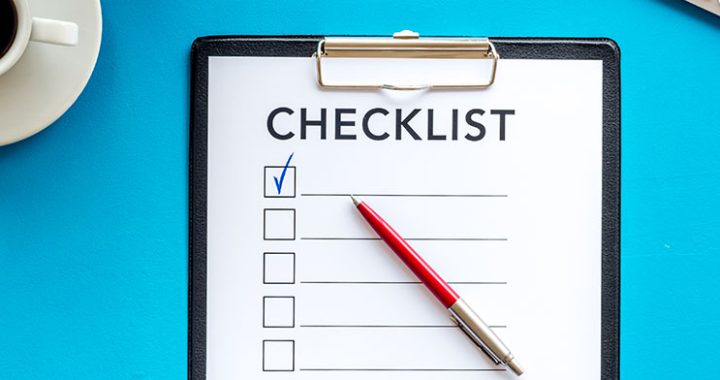Buying a new car and taking on a new car payment can be a substantial financial responsibility. Instead of buying a car outright, there are alternative ways to pay for one.
Instead of taking out a loan, you may be able to lease a car for less. Each of these options comes with its separate benefits, which make them appealing choices for people looking to obtain a new SUV, car or truck.
What Is a Lease?
A lease is similar to renting a car, just for lengthier periods. A lease is paid for through a fixed monthly fee that is usually lower in cost than the monthly payments from buying a car. It is an agreement between the customer and the vehicle company to use a car for a certain number of years.
Leasing is a common choice for budget drivers who are looking for a deal. This may help reduce the upfront costs and allow certain drivers to enjoy new car driving at a lower cost.
On the other hand, a luxury car may be leased because the new owner loves the flexibility they get with leasing. Leasing deals are common with tech geeks, driving enthusiasts, and others who update their ride as style, amenities, and technologies change. Phoenix AZ Cadillac dealers frequently handle leases for luxury car customers.
If you choose to lease, when the contract is finished you return the car to the dealer or exercise a lease buyout option. A lease buyout allows you to purchase the leased car instead of returning it. This option may allow you to drive a car for a lower price than if you got a loan.
What Is a Loan?
A loan is when the customer borrows money from a bank to pay for their vehicle. When receiving a loan, there is more of an upfront cost since interest will amortize. More interest is due at the beginning of the loan than at the end, as you pay off the initial loan. Once the loan has been paid, the customer will own the car. A payment calculator helps shoppers estimate their costs.
Since the bank provides the loan, they may also limit your ability to borrow money for other investments while you continue paying off your car loan. If you have pre-existing loans that have yet to be paid, the bank may decline your request for an auto loan.
Of course, owning a car has many benefits. Once you own the car, when the loan has been completed, you have the option to re-sell the vehicle. You also will not have any penalties for going over the given mileage limit. You can check here to understand more about auto loans and how you’ll qualify.
What About Warranties and Down Payments?
Warranties will apply to both loans and leases. However, it may make a difference if you are planning to get a loan to keep your car as a long-term investment. At a Hyundai dealer, you automatically get powertrain warranty coverage that lasts up to five years longer than most rival brands. This is also true of a Genesis dealer. Although these are luxury vehicles, they also have the rare 10-year powertrain warranty and 5-year limited warranty.
If you are getting a lease that is longer than the standard warranty, which is a common occurrence with most brands, you can get extended warranty coverage to last for the term of your lease.
Whether getting a lease or taking out a loan, there is always the matter of a down payment. A good trade-in often helps with this. You can get a competitive trade-in evaluation from a reputable local dealer and get your resale value locked in.
How To Choose Between a Lease or Loan
There are pros and cons to both leasing and loaning a car. These depend on what it is you are looking for as the customer. To determine which option is best for you, consider these factors:
-
Are you looking to one day own the vehicle?
-
Are you financially able to provide a down payment for the loan?
-
Do you have any past or current loans that may cause the bank to deny your request?
-
Will you need to take out a separate loan, such as a home loan, while you will be paying this auto loan?
Getting a loan is a good option if you are in good standing with the credit bureau, have no need for another loan within a short time span, and truly wish to own the car.
Leasing a car may be a better option if you can start monthly payments without assistance from the bank, do not want the car for more than a few years, or would like a low fixed-rate monthly payment.
Whether buying or leasing, you should use an online application from a local, reputable dealer to find out how much you can borrow. You should use caution when dealing with an online loan agency that doesn’t have a physical store in your location.
Final Statement: The Choice Is Yours
Leases and car loans each come with their own perks and are successful alternatives to buying a new car. Depending on your current goals (whether you want to own the car at the end of the lease/loan, if you like the idea of a new car every three years, etc.) the better choice is up to you.


